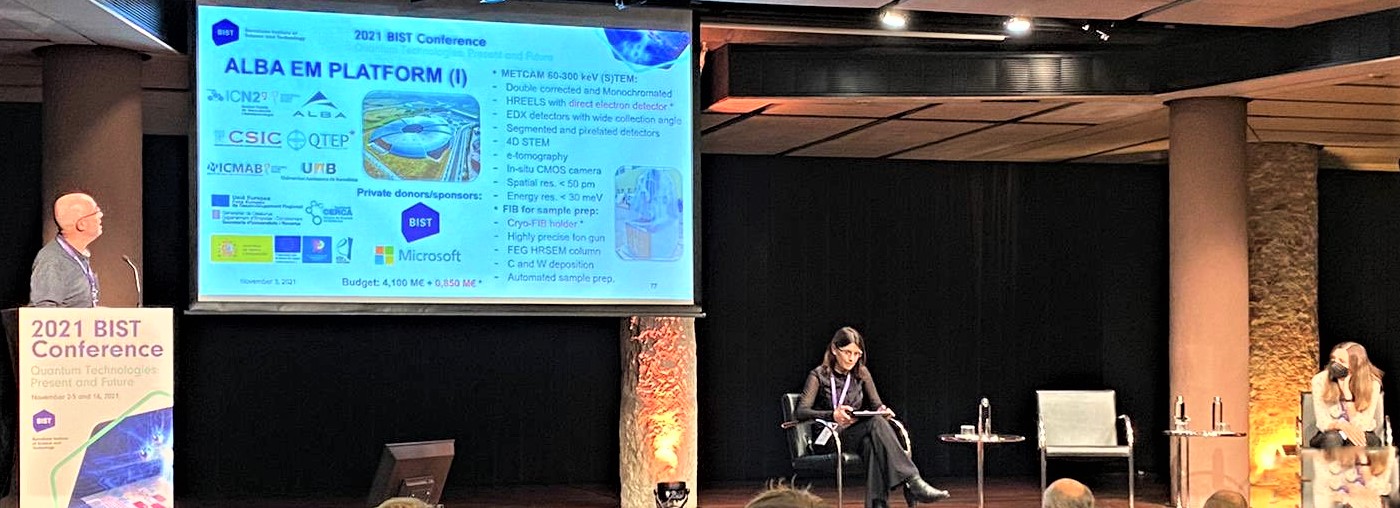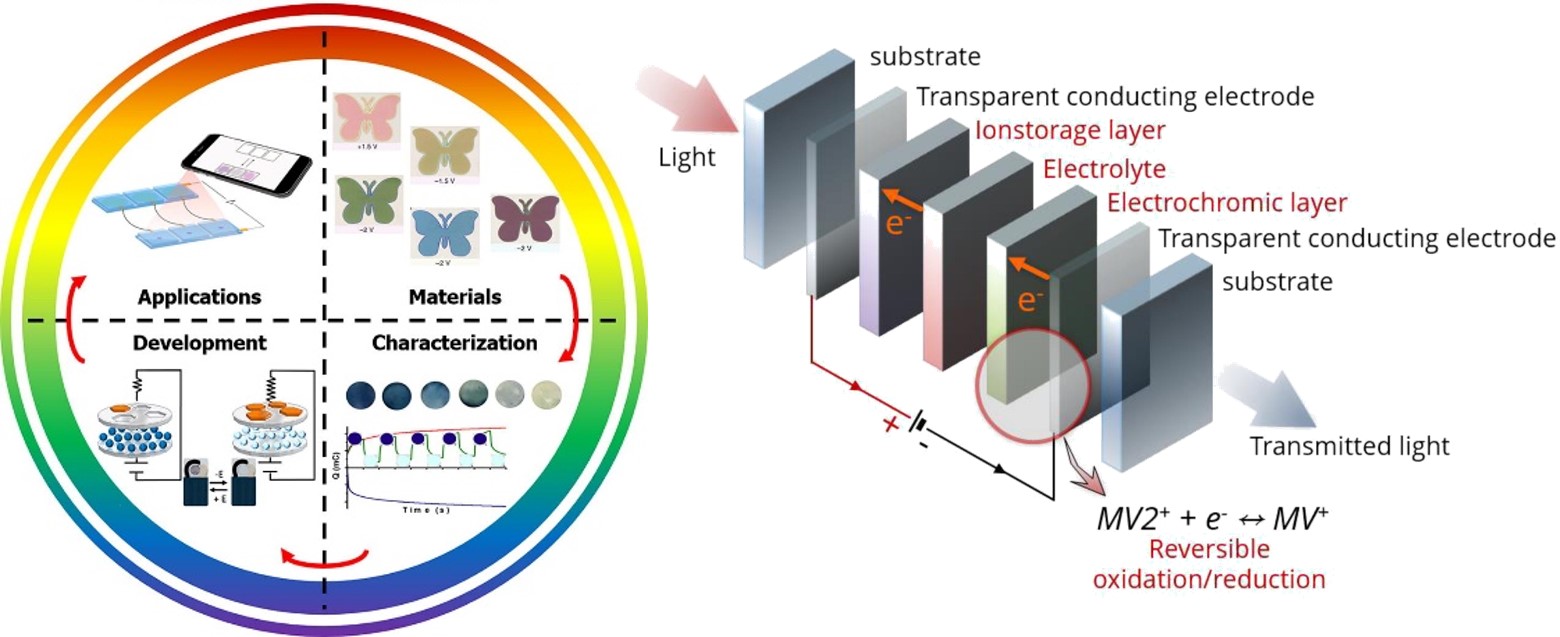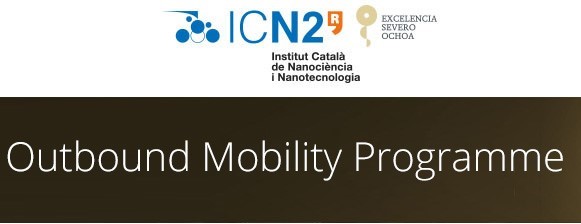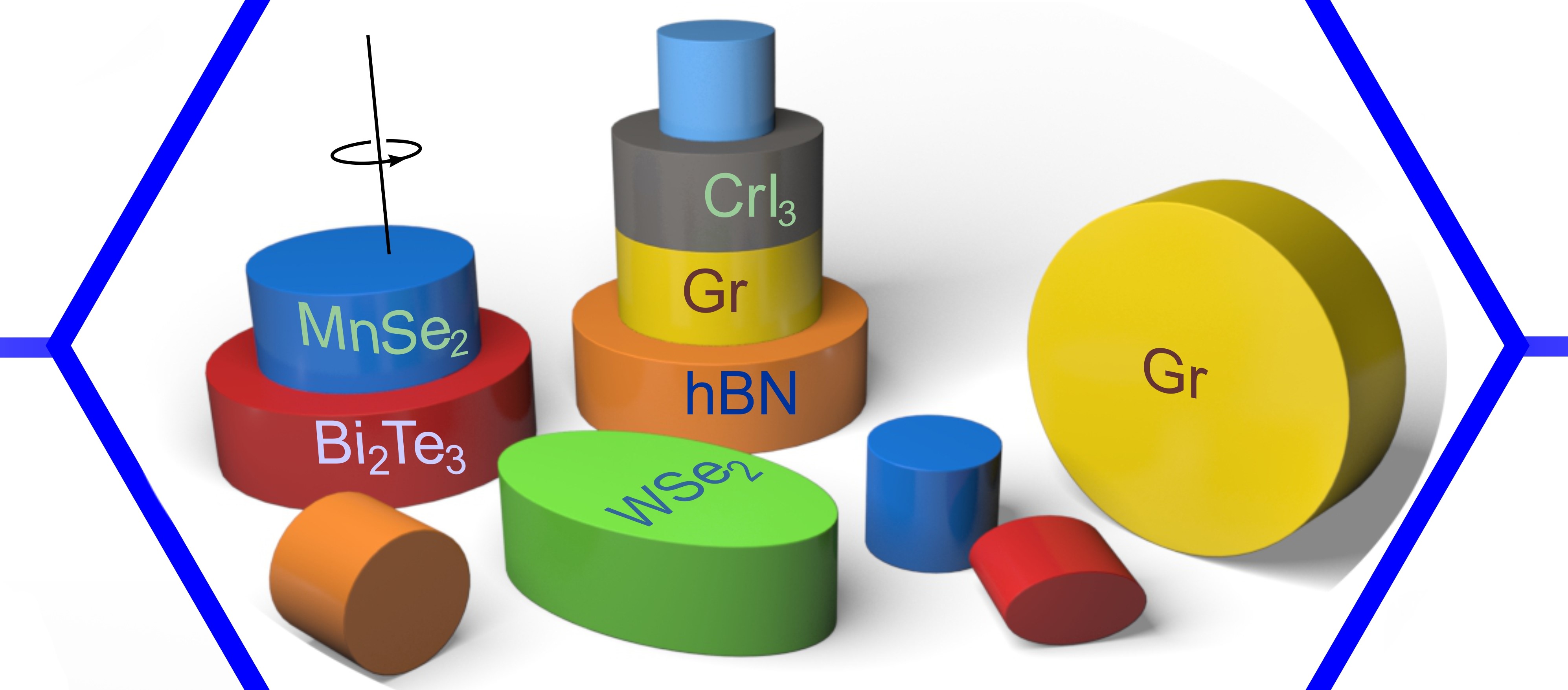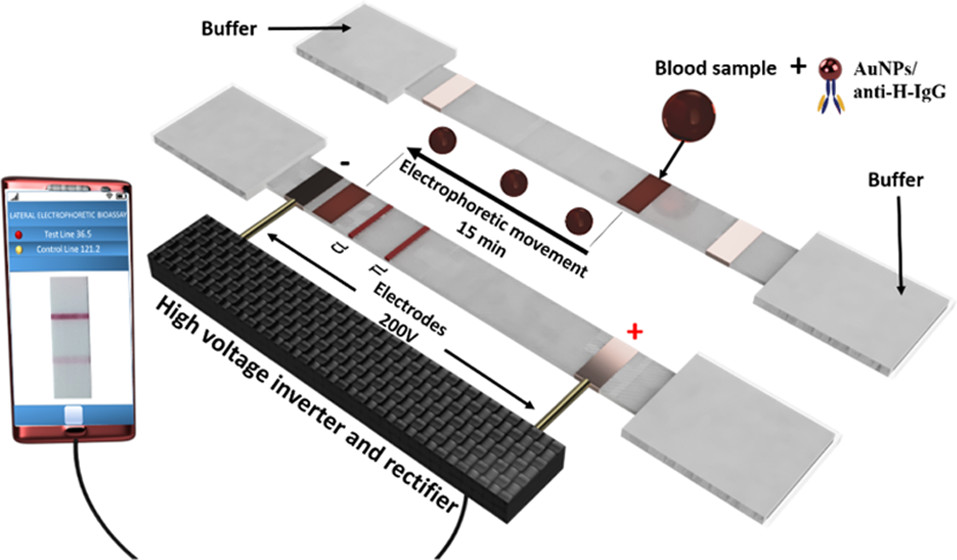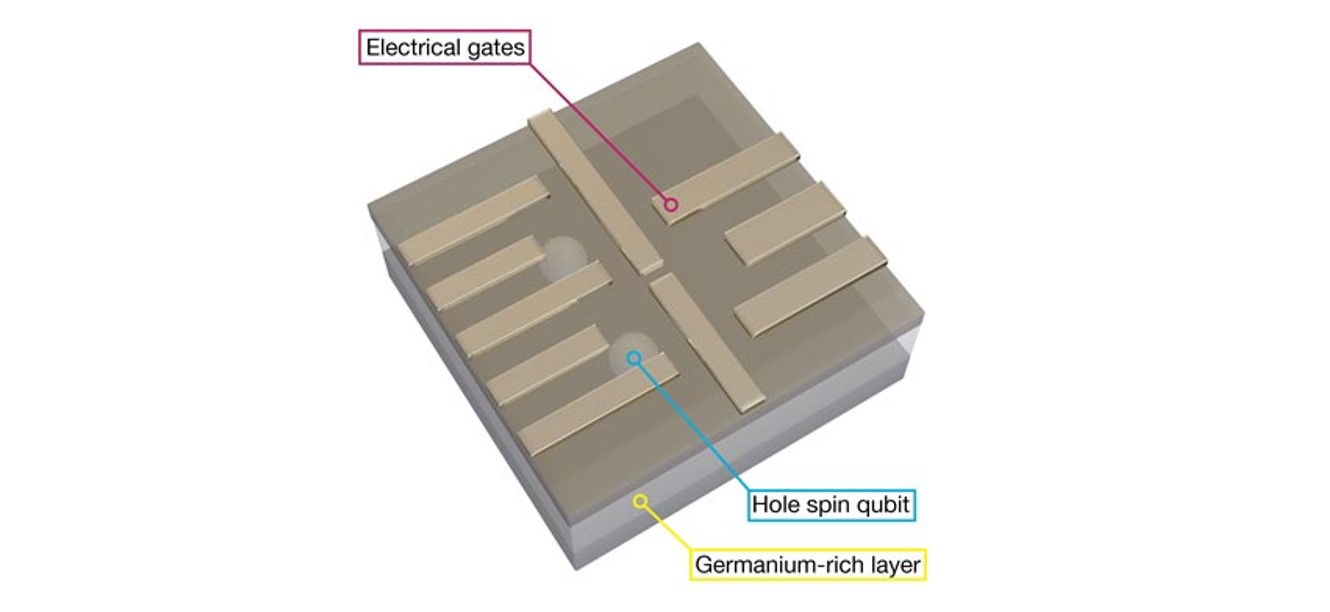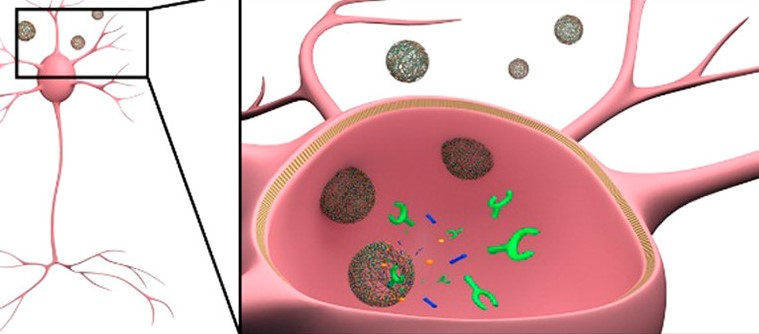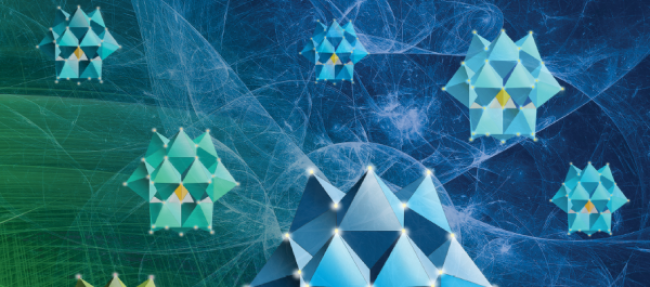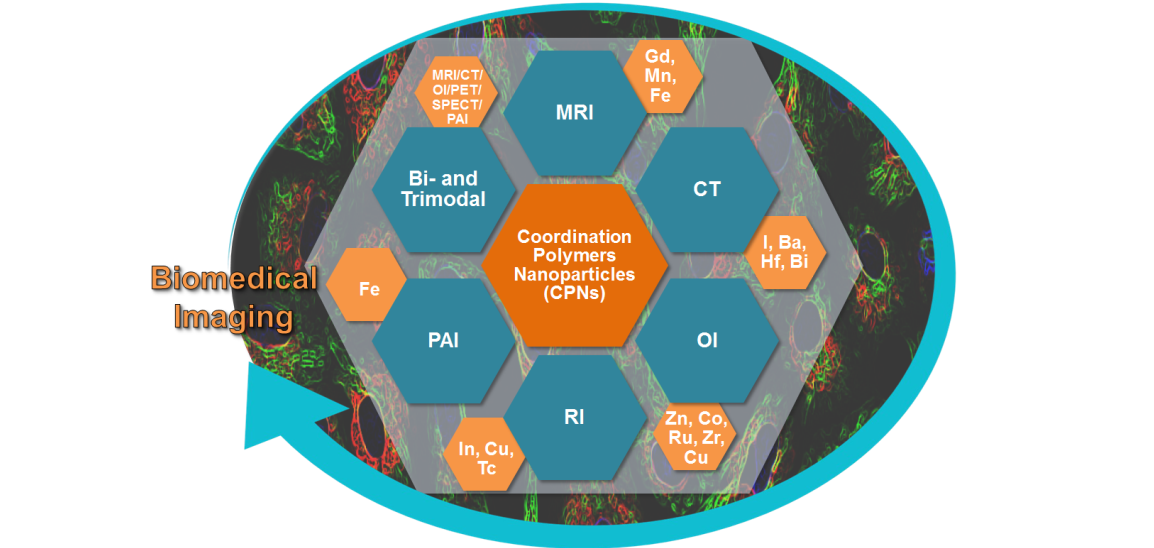Severo Ochoa Programme 2018-2022 NEWS
Our Partner:
https://royalreelspokies.live/ - Royal Reels Australia. Казино Вавада открывает доступ к игровой платформе через официальный сайт Vavada. Быстрая регистрация в
Вавада казино, щедрые бонусы и регулярные турниры с призовым фондом!
Thursday, 04 November 2021
This year’s edition of the BIST annual conference discussed the current state of quantum technologies and the future plans for their development and application, with a special focus on projects ongoing in Catalonia. Representatives of research centres (including the ICN2) and the industrial sector were invited to contribute to the debate.
Thursday, 30 September 2021
The use of a double-metal catalyst, presenting nearby nickel and iron active sites, improves both efficiency and selectivity of the carbon dioxide (CO2) reduction reaction, a process increasingly used to diminish the concentration of this greenhouse gas in the atmosphere. This study, published in and highlighted on the cover of Energy & Environmental Science, has been led by ICN2 group leader Prof. Jordi Arbiol.
Wednesday, 01 September 2021
A scientific paper recently published in “Materials Today” highlights the potentialities offered by electrochromic materials for the development of portable and easy-to-use bio-sensing platforms. This work, coordinated by ICREA Prof. Arben Merkoçi, provides a comprehensive description and discussion about these materials, their properties, state-of-the art applications as biosensors and new opportunities and challenges in this field.
Wednesday, 28 July 2021
ICN2 researchers Dr Thomas Guillet, Christian Schäfer, and Peng Xiao will be able to complete a short stay at internationally renowned centres to develop part of their research and acquire new expertise. Applications for the Severo Ochoa Outbound Mobility Programme, which covers expenses up to 3000 euros, will be open until the end of September 2021.
Tuesday, 20 July 2021
In a review just published in Nature Nanotechnology, the recent progress and enormous potential of van der Waals heterostructures are highlighted. These artificial materials, made up of layers of different 2D crystals, can be designed to exhibit specific functionalities to be harnessed in spintronic and opto-spintronic devices.
Monday, 05 July 2021
The first edition of a new conference dedicated to topological quantum system was held between June 28 and July 1, 2021.
Monday, 28 June 2021
Prof. Laura Lechuga, leader of the ICN2 Nanobiosensors and Bioanalytical Applications Group, received today the "XVIII Burdinola Research Award" in recognition of her career path and important work in the field of nanosensors for medical applications.
Thursday, 10 June 2021
A paper published in “Analytical Chemistry” describes an enhanced biosensing platform based on lateral-flow-assay (LFA) for point-of-care analysis. Cheap, easy to use and portable as LFA, this paper-based electrophoretic bioassay (PEB) allows performing tests on viscous samples, as whole blood, without the need for pretreatment steps. This research was developed by members of the ICN2 Nanobioelectronics and Biosensors Group.
Monday, 07 June 2021
An article just published in “Nature Materials” discusses the implementation of a qubit system based on the interacting spins of holes, confined in a silicon-germanium quantum device. These qubits can be operated with small magnetic fields. Members of the ICN2 Advanced Electron Nanoscopy Group participated in the characterization of the fabricated structures.
Tuesday, 01 June 2021
In a study just published in “ACS Nano”, polymeric nanoparticles inspired by natural neuromelanin were used to encapsulate dopamine and to be administered via intranasal to reach the brain for Parkinson’s disease treatment. This work was coordinated by ICN2 Group Leader Dr Daniel Ruiz-Molina and Dr Julia Lorenzo, Group Leader at the Institute of Biotechnology and Biomedicine (IBB) of UAB, and developed in collaboration with the group led by Prof. Miquel Vila at VHIR.
Wednesday, 26 May 2021
In a review published in “Energy & Environmental Science” the recent advances of research on polyoxometalates (POMs) for energy-related applications are presented, highlighting both the great opportunities and the challenges of using these materials. This work was led by ICN2 Group Leader Prof. Pedro Gómez-Romero and by Dr Deepak Dubal, from Queensland University of Technology (Australia).
Thursday, 06 May 2021
A study recently published in "Joule", coordinated by ICN2 Group Leader Dr Monica Lira-Cantú and Prof. Anders Hagfeldt (EPFL), demonstrates that the addition of the organic molecule H3pp to the halide perovskite layer increases the long-term stability of these solar cells, due to shallow point defect passivation.
Thursday, 29 April 2021
A review published in Coordination Chemistry Reviews reports on the use of nanoparticles and, specifically, coordination polymer nanoparticles in the field of bioimaging for diagnostics. It describes the progress done in several techniques, such as magnetic resonance imaging or photoacoustic imaging.
Friday, 26 March 2021
INBRAIN Neuroelectronics, a spin-off company of the Catalan Institute of Nanoscience and Nanotechnology (ICN2) and ICREA, announces a €14.35M Series A investment, co-led by Asabys Partners and Alta Life Sciences, and joined by Vsquared Ventures (Germany), TruVenturo (Germany) and CDTI (Spanish Ministry of Science and Innovation). INBRAIN has the mission to develop intelligent neuroelectronic therapies based on graphene technology for application in patients with epilepsy, Parkinson’s and other brain related disorders.
Monday, 15 March 2021
A review recently published in "Advanced Materials" by members of the ICN2 Nanobioelectronics and Biosensors group, led by ICREA Prof. Arben Merkoçi, in collaboration with other institutes and in the framework of the MICROB-PREDICT project, presents the potentialities of nanotechnology for developing biosensors for the monitoring of the human microbiome. These studies can open new paths for the diagnostics of diseases such as cirrhosis, acute liver failure and colorectal cancer, and to personalized therapy.
Tuesday, 02 March 2021
A study recently published in "Nature Communication" demonstrates that graphene-based active sensor arrays are a mature technology for large-scale application in wide frequency band neural sensing interfaces. This work was developed by researchers from various institutes and a company that are part of the EU Graphene Flagship – including the ICN2.
Tuesday, 02 March 2021
The Secretariat of Universities and Research of the Department of Business and Knowledge has submitted to the Spanish government a proposal for 120 million Euros, of which the Catalan government could co-finance over 59 million Euros. The programs, led by agents of the Catalan knowledge system, are in quantum communication, energy and green hydrogen, agri-food, biodiversity, astrophysics, marine sciences, advanced materials and biotechnology applied to health.
Friday, 19 February 2021
A study led by Vall d’Hebron and the Catalan Institute of Nanoscience and Nanotechnology (ICN2) has shown, thanks to the use of gold nanoparticles and cell cultures, that enhancing the activity of natural killer cells of the immune system is key to eliminating HIV infection.
Tuesday, 09 February 2021
A paper featured on the inside back cover of this month’s edition of Advanced Energy Materials proposes a novel cathode structure, where iron atomically dispersed in a carbon nitride material (Fe/C2N) acts as an effective sulfur host, improving the efficiency and stability of lithium-sulfur batteries. This work was led by ICREA Prof. Jordi Arbiol, leader of the ICN2 Advanced Electron Nanoscopy group, and ICREA Prof. Andreu Cabot, from the Catalonia Institute for Energy Research (IREC).
Thursday, 04 February 2021
After intense reflection and attentive consultation across the centre, the ICN2 has launched its second Strategic Plan, which updates and expands the current mission and vision of our institute, defines research and governance goals, and identifies key priorities for the next four-year period.
